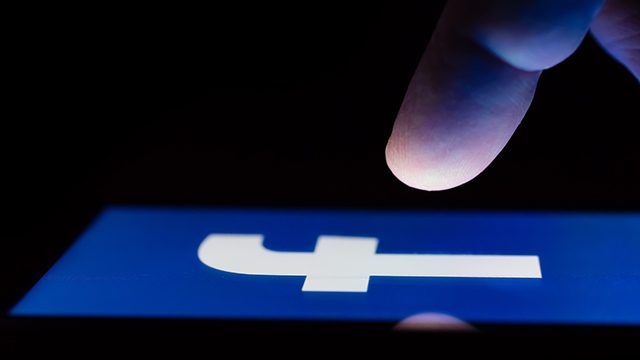SUMMARY
This is AI generated summarization, which may have errors. For context, always refer to the full article.

MANILA, Philippines – President Rodrigo Duterte “definitely” would have won the 2016 elections even without the help of online supporters using Facebook to promote his candidacy, said Presidential Spokesperson Salvador Panelo.
Saying this was among Panelo’s ways of distancing the Duterte administration from the pro-Duterte network of fake accounts and pages that have been taken down by Facebook for inauthentic behavior. Facebook linked this network to Nic Gabunada, Duterte’s social media manager for his 2016 campaign.
“Definitely, his (Duterte’s) time was just right. The Filipino people needed somebody like him,” said Panelo on Monday, April 1, during a Palace news briefing.
To back up his claim, Panelo said most of those who voted for Duterte were the “masses” who were not on Facebook to begin with.
“[It was] still the people who decided and most of them are not [on] social media. The overwhelming majority who voted him for office, I don’t think they have Facebook accounts or whatever. These are the masses,” he said.
“It could have contributed, puwede naman hindi (maybe not). More on the masses ang bumoto sa kanya eh (It was more of the masses who voted for him),” Panelo added.
Malacañang again denied Duterte was involved in the creation of such a network, which has been used to spread false information and spread black propaganda against the President’s critics.
“I don’t think the President has anything to do with those Facebook accounts which [were] initiated during his campaign or the assumption of his presidency. He doesn’t know anything about it,” said Panelo.
Benefited Duterte
Yet Duterte and his government have undeniably benefited from social media-based propaganda spread by his rabid supporters.
The President himself recognized this contribution when he granted pro-Duterte bloggers a meeting with him in Malacañang in February 2017. He also appointed one of them, Mocha Uson, to a government post.
His administration would provide these bloggers with access, perks, and even funding to post pro-government content on their social media pages. (READ: State-sponsored hate: Rise of the pro-Duterte bloggers)
Rappler has reported extensively about how Duterte supporters weaponized social media to harass and attack the administration’s critics. (READ: Propaganda war: Weaponizing the internet)
The Commission on Elections, realizing how social media could again be used during the 2019 campaign, issued rules regulating political campaigns on social media platforms. (READ: That new animal: Can Comelec catch up with social media?)
Yet as far as the Palace is concerned, whatever contribution social media accounts and posts in support of Duterte had may also have been balanced out by the use of Duterte’s rivals or critics of the same platform.
“You must remember that since both sides are active, you won’t know if you benefited from that or you lost the fight,” said Panelo.
Gabunada had told Rappler that he had a budget of P10 million from campaign financiers to fund a social media campaign for Duterte’s presidency. He also said the team was unable to spend the entire amount.
It’s not clear, however, if the funds went to the creation of the accounts Facebook had taken down. – Rappler.com
Add a comment
How does this make you feel?
There are no comments yet. Add your comment to start the conversation.